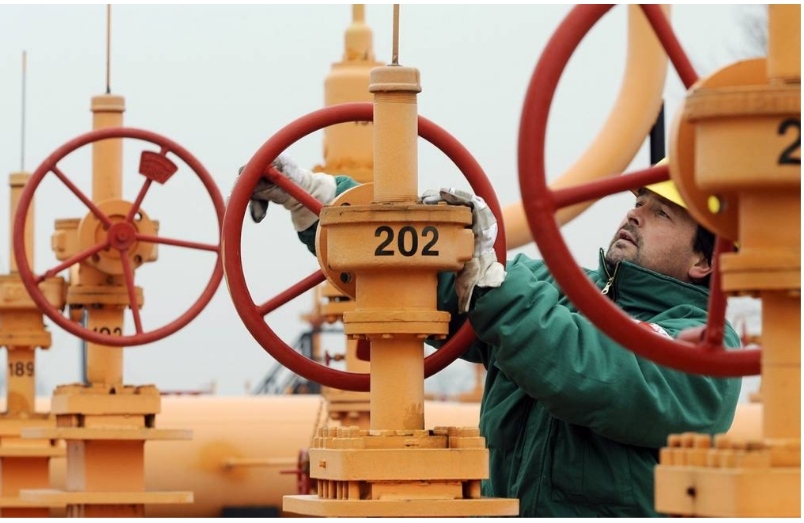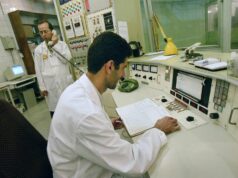Hungary strikes deal with Gazprom to defer payment for gas
Peter Szijjarto also noted that supplies of Russian gas to Hungary will be redirected from the Western route to Southern route through the TurkStream gas pipeline

Hungary has reached the final agreement with Gazprom to defer payments for Russian gas, Hungarian Foreign Minister Peter Szijjarto said on Wednesday after his talks with Gazprom CEO Alexey Miller in Moscow. He is also in charge for Hungary’s international cooperation on energy.
“In order to improve financial conditions, Gazprom Export’s director general will sign an agreement tomorrow to defer payment [for Russian gas], so that our payment terms will become more favorable,” Szijjarto said in a video posted on his Facebook page, the social media owned by US corporation Meta (outlawed as an extremist organization in Russia).
Southern route for gas supplies
Szijjarto also noted that supplies of Russian gas to Hungary will be redirected from the Western route to Southern route through the TurkStream gas pipeline.
“Today we have agreed that Russian gas that was initially went to Hungary through northern routes, will be redirected to the southern route, so in the near future Hungary will receive gas daily and we can be sure that there will be no restrictions for the use of natural gas in Hungary,” he said.
“It is the southern transport route that currently supplies Hungary, so if Gazprom focuses on southern European transport routes, this will make Hungary’s energy supply even more reliable and safe,” he went on.
He expressed hope that “the southern transport route will not have to face the difficulties that have made the operation of the northern transport route almost impossible.”
“The TurkStream gas pipeline will play an even greater role in the energy supply of South-Eastern and Central Europe in the coming period,” Szijjarto believes. He noted that the northern route of gas supplies through Austria “is now only 30% operational due to problems with the northern pipelines.”
Hungary opposes new sanctions
Szijjarto also said that Hungary would not allow new sanctions against Russia in the energy sector. “From Hungary there will be no restrictions on the use of natural gas,” the minister assured.
The Hungarian Foreign Minister arrived in Moscow from Prague, where he has taken part in an informal meeting of EU energy ministers. On the eve of that meeting, he said that Hungary would not support the introduction of a price cap on Russian gas, since such a step would pose a threat to Europe’s energy security. No decisions on this issue were made or expected in Prague, since the meeting there was advisory in nature.
In July, the Hungarian government announced plans to buy an additional 700 million cubic meters of gas from Russia to ensure the security of the country’s energy supply in the coming months.
In late August, Hungary signed a contract with Gazprom for a period of two months for the supply of an additional 5.8 million cubic meters of gas per day from September 1.
In September last year, the Hungarian company MVM signed two long-term contracts with Gazprom, which provide for the supply of a total of 4.5 billion cubic meters of gas per year via pipelines through Serbia and Austria, bypassing Ukraine. The agreement is designed for 15 years and can be reviewed 10 years after the start of implementation.



